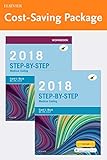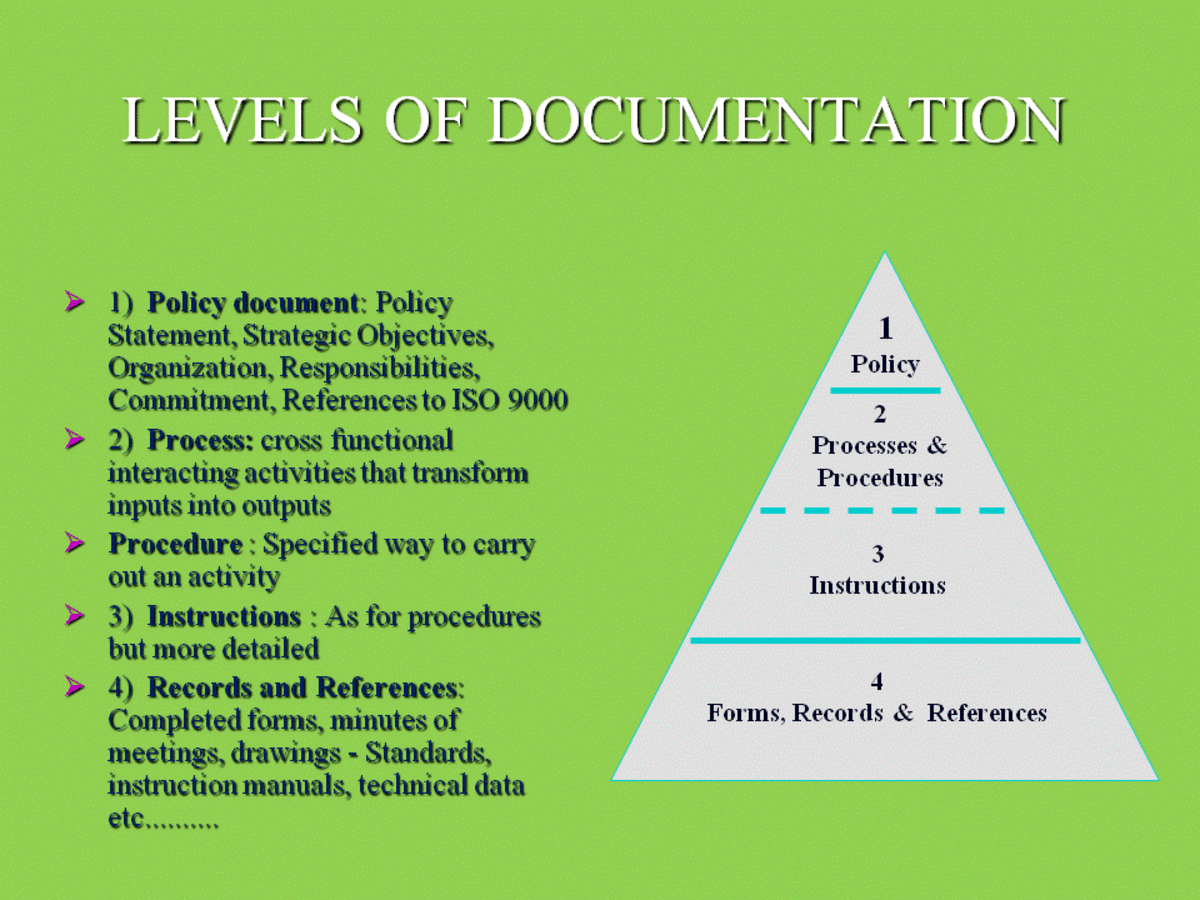How to Write Resumes for Medical Billing and Coding Specialists


Want to Create an Effective Job Description of Medical Billing and Coding on Your Resume?
Need an Attention-Getting Cover Letter?
This lens is having lots of career planning tools and resources that will help you distinguish yourself in the competitive and in-demand medical industry. Learn how to create cover letters and resumes for medical billing and coding specialist, find medical coding job opportunities, and much more!
Imagine how valuable it will be to create an effective job description of medical billing and coding on your resume, access industry news, locate professional associations, review interview tips.
Medical Coding Specialist
A Medical Coding Specialist reads and reviews medical documentation provided by physicians and other health care providers in order to obtain detailed information regarding their disease, injuries, surgical operations, and other procedures.
This detailed information is translated into numeric codes. The coding specialist assigns and sequences diagnostic and procedural codes using a universally recognized coding system called ICD-9 (soon to be ICD-10 as required implementation in the United States is in October 2013).
Using this official classification system, coders must insure correct code selection for compliance with federal regulation and insurance requirements. These medical codes are used extensively for reimbursement of hospital and physician claims for Medicare, Medicaid, and insurance payments.
Medical Coders proficient in this process usually have certifications ranging from CPC (physician based), CPC-H ( hospital based), or CPC-P (payor based) from AAPC or similar based certifications from AHIMA including CCA, CCS and CCS-P.
The information compiled by the medical coders is used to prepare statistical reports for use by clinic and hospital administrators for planning, marketing, and other management purposes. Local, state, and federal governments also use this information to identify health care concerns critical to the public at large. Knowledge of both the medical and business sides of health care are essential in this detail-oriented field of health information management.
Careers can be related to the manufacturing, administrative and management fields of medicine. Among all the careers, one of the most intriguing and interesting fields is that of medical coding. Medical coding is a boon to the medical industry; it saves time, money, and effort, and cuts down on the sheer amount of data that is necessary to keep medical records straight for the billions of people who receive medical care.
The profession of medical coding uses alpha-numeric codes to specific illnesses, injuries, and medical procedures. This process of assigning codes is done under the system of a particular rule of coding that is used across the world, from doctors' offices and hospitals to insurance companies and federal agencies. These codes are greatly utilized by the hospitals, nursing homes, labs and by the doctors for internal data collection and other planning objectives.
The job of medical coding specialists is to read and review medical documentation provided by physicians and other health care professionals. The coding specialists then provide details of the disease, injuries, surgical operations, and other procedures, but this decision is entirely up to the specialists. Then, this detailed information is translated into numeric codes.
They assign special as well as general diagnostic and procedural codes by the use of a universally recognizable coding system. By the help of this code system, one has to fulfill the responsibility to insure correct code selection for all the regulations, and has to abide by the federal regulation and insurance requirements. These codes render great use in reimbursement of hospital and physician claims for various insurance payments.
Step-by-Step Medical Coding, 2018 Edition


Medical billing and Coding
Medical billing and Coding are two closely related job areas in the general field of medical administration. They each rely on each other. Thus there is often the opportunity to combine these two fields – and somebody who has mastered the skills of both can often either get higher paying positions or increase their general job prospects since there will be more job opportunities for them to choose from.
Medical billing is the end of medical/hospital administration that deals with billing insurance companies, lawyers, and patients themselves for medical services that have been rendered. Most patients are insured either by a private company or by federal insurance programs like Medicaid and Medicare. These companies need a succinct statement of the services and procedures of a health provider, specifics of their insured patient’s medical record, information concerning the spontaneous or pre-existing nature of a medical condition and so on. This is all the responsibility of a medical biller.
In addition a medical biller works from the other end – at insurance companies. Here the biller makes sure that an insured has paid his or her portion of the cost for medical service (i.e. the deductible), and that the entire medical bill is thus taken care of. Often there are disputes as to what an insured should pay versus what the insurance company is responsible for, and the medical biller works to sort out these problems and collect payments.
Medical coding is a more specific focus that deals with same basic branch of medical administrative/office work. In order for information to be transferred easily among the parties involved in a medical transaction – usually health care provider, patient, and insurance company, – there are various alpha numerical codes used that designate diagnoses, medical procedures, medications (pharmaceutical codes), and even various areas on the body (known as topographical codes). The medical coder is an expert in these codes and makes sure that medical documentation is accurate. Often the coder takes the basic data in a patient’s file – the doctor’s diagnosis of a patient’s condition, what treatment was given both in terms of medical procedures, medications, and doctor recommendations, and so on, and converts all this data into the appropriate codes. Thereafter, the different code groups must be associated together on a single medical document or bill so that accurate cost information can be arrived at. The codes are recognized all across the medical industry, allowing for quick processing of insurance claims, assessment of required payments, and general clarity concerning a patient’s status.
So it should be fairly obvious how these two fields are connected. A medical biller needs either to work with a medical coder or know medical coding himself or herself in order to accurately document medical information. The two skill sets being closely related and interdependent as they are, educational programs often combine medical billing and coding into a single curriculum. So if you’re considering getting into this type of field, consider looking for education programs that offer instruction in both. Simply do an internet search for “medical billing and coding training” or something similar, rather than one or the other by itself, and you’ll find a plethora of educational programs.
Of the two fields, medical coding is considered slightly more highly skilled. But if you can get a good handle on both, you’ll be that much more employable. There is nothing wrong with specializing in one or the other, and they are roughly comparable in pay. But if you do specialize in one of these, make sure you know it well. There is a lot of job possibility in this field so there are many possibilities. But it’s your responsibility to be as well trained as possible in whatever field of combination of fields you choose.

Amazon Voting (Plexo)


Medical Coding and Billing Salaries - How Much Can You Earn?
Medical coding and billing salaries depend on the type of career you have and where you decide to work. Based on Payscale Data, you can earn a median salary of $40,248 as a Medical Billing Manager, $40,000 as a Billing Supervisor and $34,024 as a Medical Records Coder. Combine your skills for specialized career opportunities that include:
* Medicare Specialist
* Clinical Documentation Specialist
* Compliance Officer
* Medical Chart Review Officer
* Patient Financial Representative
* Overpayment Recovery Specialist
Medical Coding and Billing Careers -
Even More Opportunities for Your Future!
Thought about diversifying your career? What better way than to combine two valuable skills! Often these skills go hand-in-hand, providing increased employment opportunities for the trained professional. If you just want to build a dedicated medical coding career or venture into medical Billing and Coding, the extra billing knowledge can give you a leg up! Learn about the career potential and future salaries.
Medical Billing and Coding Careers Increase Your Career Potential
Become a well-rounded resource in the healthcare community by maximizing your career potential as a medical Billing and Coding specialist. Be prepared to be a vital part of any hospital, clinic and healthcare facility nationwide - medical Billing and Coding careers open the door to many career paths!
A medical Coding and Billing specialist is responsible for accurately recording and processing data about patients, such as treatment records, insurance information, bills and payments. As a biller and coder, you will code a patient's treatment and diagnosis, and request payments from the insurance company or directly from the individual - you'll play an essential part in the billing cycle from beginning to end!
Specifically, as a medical coder, you will assign specific numeric codes to medical services, procedures and diagnoses. You will apply the right code in the right place and streamline the medical billing process. Your billing duties will include completing claim forms and billing insurance companies for payment of medical services. The goal is to maintain accurate health records and ensure that doctors get paid fast and accurately.
© 2010 MANOJ BALAKRISHNAN








